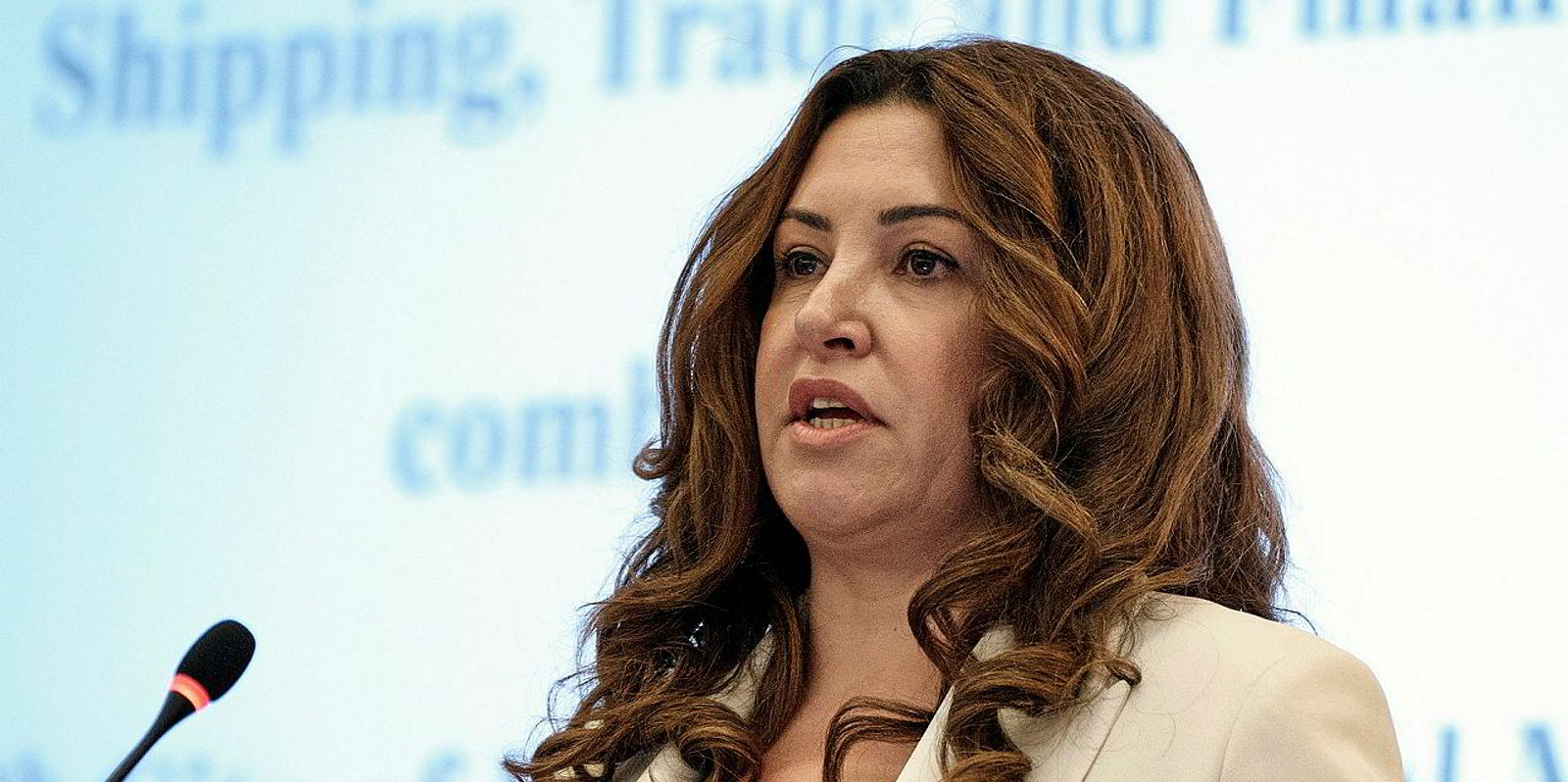European shipowners have revealed how they plan to support the European Union's Green Deal for shipping.
In a position paper launched during European Shipping Week, the European Community Shipowners' Associations (ECSA) sets out an eight-point programme to back the scheme.
"The shipping industry is fully committed to eradicating its greenhouse emissions completely as soon as possible in this century," said ECSA president Claes Berglund.
He said this was in line with the ambitious targets agreed for the sector by the IMO.
ECSA welcomes the Green Deal and aims to be an "active contributor" to the IMO discussions on both short-term and long-term measures.
Taking a lead
Part of the plan will see it take the lead in the international regulatory process, as well as providing incentives for the shift in transport from roads and air to ferries and short sea shipping.
ECSA will also focus on research and development into zero-carbon technologies, optimise port calls, examine shore power and infrastructure for alternative fuels and establish a green financing programme for the electrification of ferries.
It also wants to look at digitalisation and the offshore potential for renewable energy.
The Green Deal was launched in December and included a law to make Europe climate-neutral by 2050.
Other measures included a 50% to 55% emissions reduction target for 2030 and a fund worth €100bn ($111bn) to finance the transition.
This compares to a 40% target set by the IMO for 2030, and a 50% cut by 2050.
The Commission also said taxes on fossil fuels and transport will be on the table.
Bimco opposition
But shipowners organisation Bimco opposed the inclusion of shipping in the continent's emissions-trading scheme (ETS), saying Europe should not be acting alone.
ECSA said: "An EU strategy for a clean and competitive shipping industry must involve all segments of the maritime cluster, as the shipping industry is dependent on the relevant bunker infrastructure, fuels, engines and ship designs.
"Ships will need new technologies to provide them with low carbon or carbon-free power and propulsion needed to continue to sail and to trade."
ECSA believes "large-scale" investment in research and development is vital.
"The industry is ready to be effectively involved, but shipowners cannot make the transition by themselves alone. The EU has a unique opportunity to serve as test and demonstration centres for the development and deployment of new fuel types," it added.
ECSA styles itself as the voice of the European shipping industry.
Founded in 1965, it represents 20 member associations in the EU and Norway.






